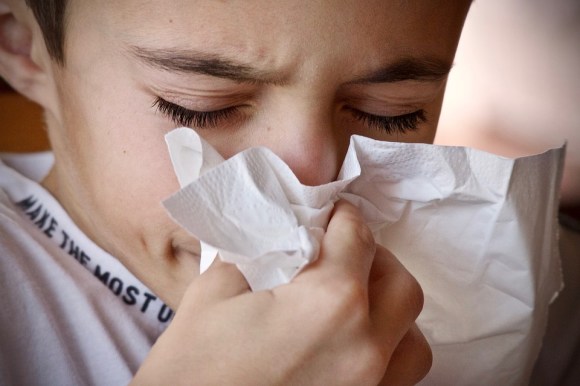
It’s that dreaded time of year again: winter, a.k.a flu season. Each year, 10-25% of Canadians get the flu (Cascades Pro, 2019), and although a common occurrence during the winter time, if not treated properly, some flu cases can lead to severe consequences, such as hospitalization. The Canadian government’s public health page estimates that each year cases of influenza cause about 12,200 hospitalizations and 3,500 deaths.
Cascades PRO (2019) suggests the following to avoid getting the flu this season
- Get vaccinated! According to Centers for Disease Control and Prevention (CDC), getting vaccinated is the best way to avoid getting the flu, especially for people with weakened immune systems.
- Wash your hands. It seems like basic knowledge that washing your hands will help you avoid getting sick, however many people either don’t know how to wash their hands properly or don’t take the time to do it. Take the time to look at proper hand-washing instruction posters, which are often posted in public restrooms, and follow those instructions in order to avoid the flu!
- Clean and disinfect surfaces. Wherever you work, every surface (desks, chairs, etc.) has the potential of being contaminated, especially high-contact surfaces. Make sure to clean them often, using disinfectant materials such as wipes, rags, etc.
- Stay home if you have the flu. If you contract influenza, you should stay home, as you don’t want to put others at risk. Take care of yourself and get some rest!
Last year’s flu season saw a higher-than-usual number of influenza cases in Canada and that same trend is predicted for this year’s season. Keep these tips in mind and take care of yourself this flu season!
Sources:
https://www.pro.cascades.com/fr/nouvelle/quatre-conseils-pour-combattre-la-grippe-cet-hiver?utm_source=newsletter&utm_medium=email&utm_content=2019_FR&utm_campaign=RB_January&oft_id=863729&oft_k=QDm96mJG&oft_lk=wvwso7&oft_d=636834086957300000
https://www.canada.ca/en/public-health/services/diseases/flu-influenza/health-professionals.html




